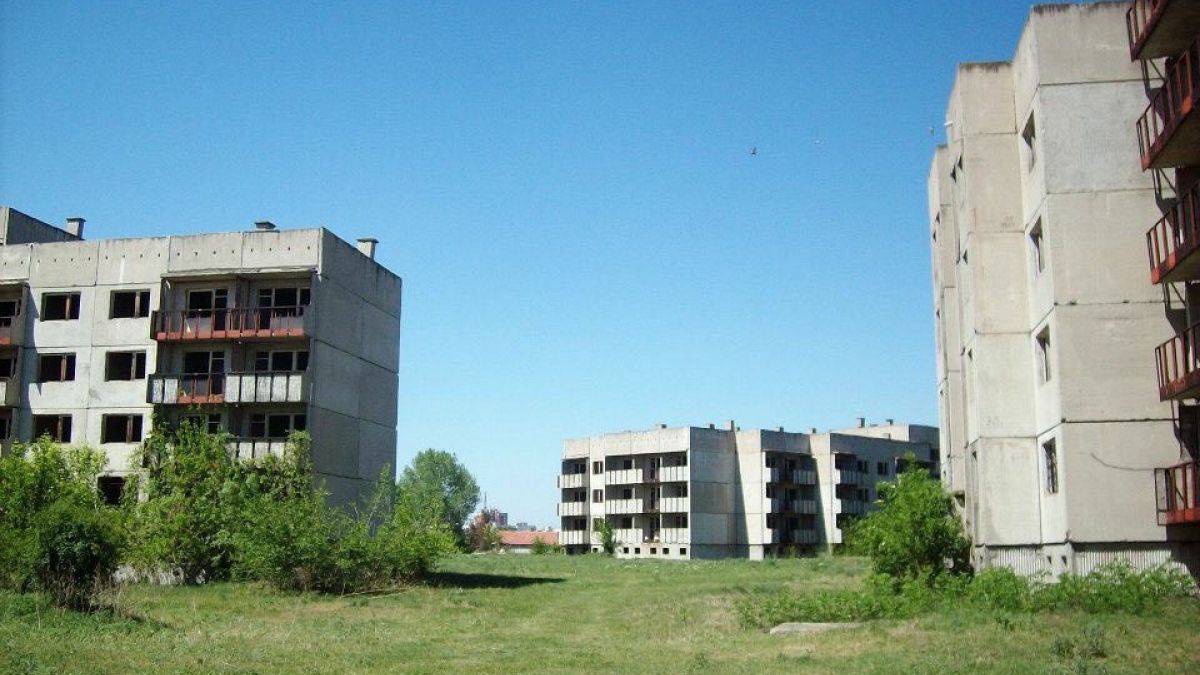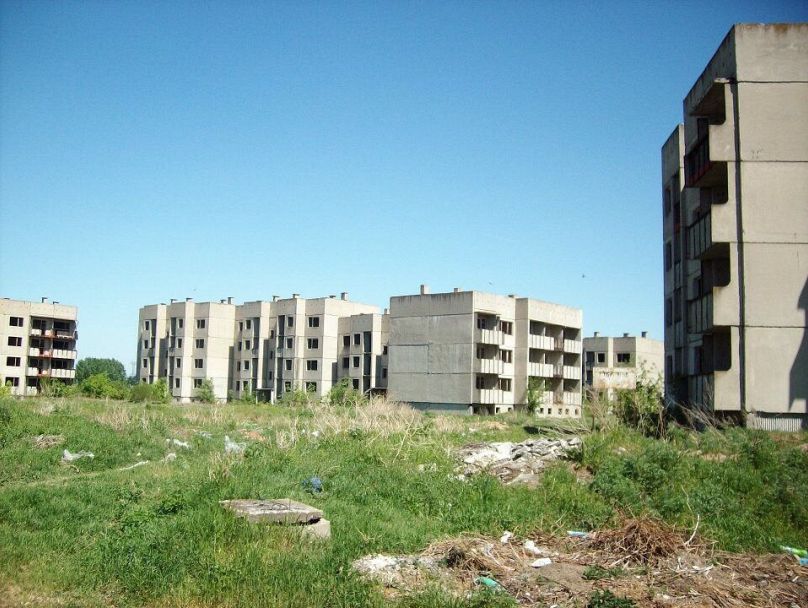Bulgaria is set to restart construction of a Russian designed nuclear power plant first proposed more than 30 years ago dating back to the end of the Cold War, in a move supporters say could reduce the country’s energy dependence on Russia.
Bulgaria is set to restart construction of a Russian designed nuclear power plant first proposed at the end of the Cold War. The move, supporters say, could reduce the country’s energy dependence on Russia.
The Belene nuclear power plant, designed by Russian-state corporation Rosatom, has already cost Bulgaria millions of euros after the project was halted by Prime Minister Boyko Borisov in his first stint as leader and then revived after his return to power.
The Bulgarian Minister of Energy concluded the most appropriate option for rational use of the available equipment at Belene, was to resume action finding investors to construct the NPP jointly with a strategic investor, on a market principle and without any sovereign guarantee. The Ministry of Energy believes this option would allow Bulgaria to reimburse the costs incurred over the years under the project and to ensure long-term energy security of Bulgaria.
Borisov’s Citizens for European Development of Bulgaria (GERB) party has not always been in favour of Belene NPP during his three separate terms in office. Borisov was Prime Minister from 2009-2013 and from 2014-2017 as well.
“It is difficult to answer the question why the project was restarted now, in 2018, after the same prime minister for 6 years had a pronounced negative attitude towards Belene,” the former Bulgarian Prime Minister Plamen Oresharski, of the Bulgarian Socialist Party told Euronews. Oresharski held power between Borisov’s terms from 2013-2014, until his government resigned in July 2014 after a long series of mass protests against the cabinet.
The project has faced opposition on environmental and safety grounds, but the biggest friction has been around the role of Moscow. In 1999, Bulgaria agreed to close four older reactors at the already functioning nuclear plant at Kozloduy, as a precondition for beginning negotiations to join the European Union. The EU held a hard line against countries with the oldest-generation design of Soviet reactors joining. Bulgaria officially joined NATO in 2004 and the European Union in 2007.
With the country pushing to join the Eurozone, however, its economy has remained tied to the East due to its energy dependency on Russia. Russia provides nearly a hundred per cent of Bulgaria’s natural gas and sees Bulgaria as an important transit point into the rest of Europe for Russian energy sources because it bypasses Ukraine.
“Bulgaria is often accused of strong energy dependence on Russia,” said Oresharski, “but there are no other available energy sources in our region.”
In 2012, during Borisov’s first stint in office, Bulgaria aborted plans to finish the plant after failing to find foreign investors and under pressure from Brussels and Washington to limit its energy dependence on Russia. Russia's gas exports to Europe rose 8.1% last year to a record level of 193.9bn cubic metres.
By 2016, Russian operated Rosatom was awarded 602 million euros in international arbitration court by Bulgaria’s state-owned National Electricity Co. for equipment and construction costs.
Both the European Central Bank and the European Commission say as of now, Bulgaria does not meet the criteria of low inflation and sound public finances to join the Eurozone. Bulgaria is currently the EU’s poorest member with a per capita real 7929.49 US dollars in 2016, a fifth of the member average.
“We need to reform key public sectors as well as to implement measures to increase the economic competitiveness. In this respect, our government has a lot to do,” said former Prime Minister Oresharski.
At the EU-Western Balkan Summit in Sofia last month, European Council President Donald Tusk shared his support for the region speaking alongside PM Borisov, “There is no Plan B for the Western Balkan countries, they are an integral part of Europe and their place is in our community.”
In a joint press conference with Borisov in Moscow last week, Russian President Putin expressed his interests of expanding economic ties between Russia and Bulgaria, quoting trade increased 24% over the last year and Russian investment along Bulgaria’s Black Sea coast has continued to rise. Putin also reminded Bulgarians, of the thousands of Russian soldiers buried in Bulgaria following the liberation from the Ottoman Empire, which he said is part of an intense cultural connection between the two countries.
Democrats for Stronger Bulgaria MEP in Brussels, Svetoslav Hristov Malinov told Euronews, his party has been strongly opposed to Belene NPP from the beginning. “It is absurd to use the fact that a lot of money has already been spent on equipment and jump to the conclusion that even more money should be spent in the future. No strategic investor will build Belene NPP on a market principle and without any sovereign guarantee.”
Mailnov also expressed concerns with economic, environmental and geopolitical unknowns surrounding the project. Belene is also located in a high-seismic zone according to the European-Mediterranean Seismic Hazard Map.
The World Nuclear Association says new nuclear capacity will help reduce Bulgaria’s reliance on coal, reduce its greenhouse gas emissions, improve its air quality and provide a reliable and constant supply of electricity. As wind and solar energy continues to grow in Europe, WNA says the continents leading low carbon generation source is still nuclear energy, which generates more than a quarter of the EU’s electricity. WNA claims maintaining the contribution from nuclear energy, will allow growth in renewables such as wind and solar displacing fossil fuel generation.
Other EU countries currently constructing nuclear power plants include neighbouring Romania, Slovakia, Finland, France and the United Kingdom. Discussions are underway in the Czech Republic and Poland for new nuclear power plants as well. WNA says any nuclear project in Europe the size of Belene will lead to hundreds of jobs.


